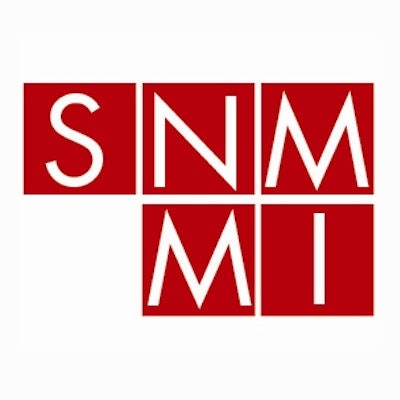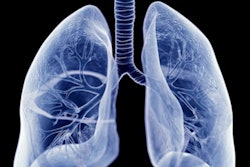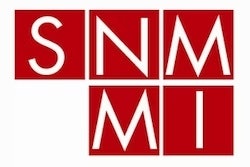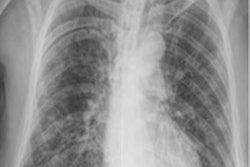
It may be feasible to resume ventilation/perfusion (V/Q) scans in the U.S. as the incidence of COVID-19 cases decline, according to a new statement by the Society of Nuclear Medicine and Molecular Imaging (SNMMI).
V/Q scans with SPECT or SPECT/CT can increasingly be incorporated into the workup of patients who are suspected to have pulmonary embolism, the SNMMI announced in a March 28 communication. The group said its new guidance was based on the availability of three vaccines for the SARS-CoV-2 virus, as well as safety measures that have been adopted for performing V/Q scans.
V/Q scans came under scrutiny early in the COVID-19 pandemic due to their potential to create aerosols that could be released into a room, and many nuclear medicine sites opted to stop performing the studies. The SNMMI noted the concerns in a communication issued in March 2020; the group then issued updated guidelines for performing the scans in September of last year.
With the new guidance, SNMMI said it wanted to provide the most up-to-date information to its members. The guidance includes the following:
- Providers should attend to the results of COVID-19 polymerase chain reaction tests of patients, depending on local policies or institutional guidelines.
- Nuclear medicine technologists should wear appropriate personal protective equipment (PPE) while conducting tests.
- Sites should evaluate the airflow in rooms where V/Q studies are performed to determine the required time for room turnover.
- Providers should consider the most appropriate agent for the V/Q study.
- Sites should consult with local infection control groups for guidance and to evaluate their staff PPE, facilities, and equipment.
- The V/Q protocol should be considered based on the clinical indication and after consultation with the patient's referring physician.
"As the incidence and the prevalence of COVID-19 have started to decline in many parts of the country, it may now be feasible to resume the use of ventilation scans to improve the diagnostic specificity of lung scans while following institutional safety guidelines," the group noted. "SNMMI will continue to monitor the COVID-19 pandemic and provide updated information whenever possible."




















